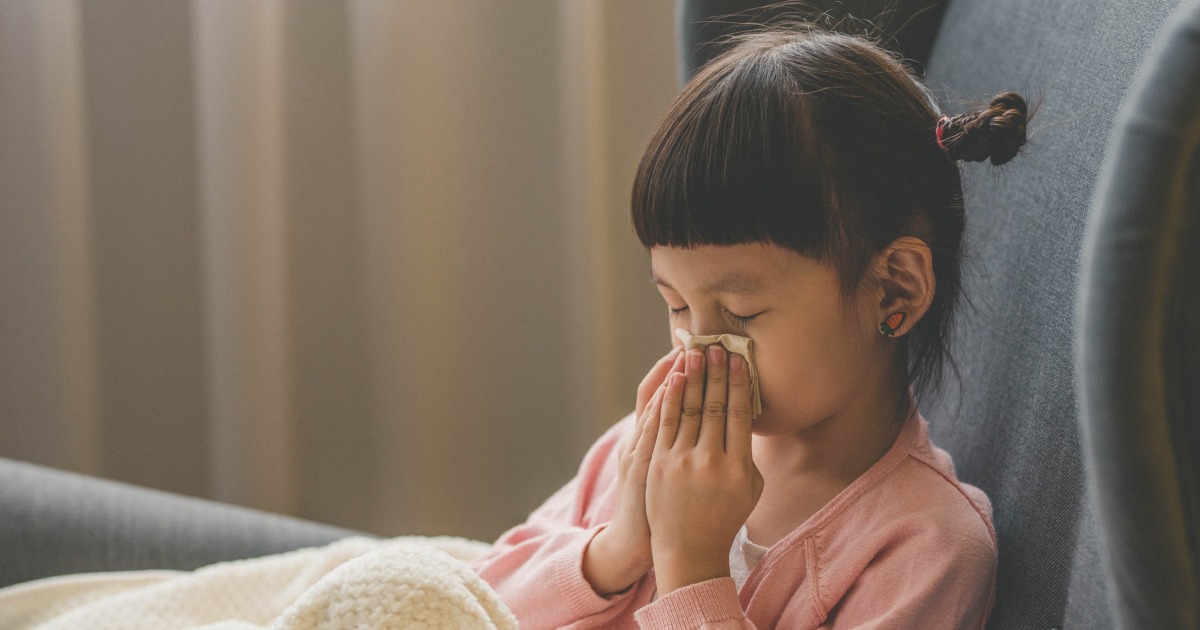Asian American children, including Sharon Wong’s son, are at a higher risk of developing food allergies compared to the general population. A recent Stanford University study focused on subgroups of Asian Americans under 18, revealing that Filipino, Vietnamese, and Native Hawaiian and Pacific Islander children are particularly vulnerable. The study’s lead author, Dr. Charles Feng, emphasized the urgent need to address health inequities in immigrant communities related to food allergies.
The rise in food allergies among American children over the past decade has been significant, with Asian American children representing a unique subset for study. While genetics alone cannot explain the increase, the interaction between genes, environmental factors, and dietary shifts may play a role. Granular data on food allergy rates within specific Asian American subgroups is crucial for understanding the reasons behind this trend.
Managing food allergies poses unique challenges for Asian American families due to cultural traditions centered around food. For parents like Wong, navigating allergen-safe versions of beloved dishes and advocating for allergy safety within their communities is a priority. Other parents, such as Ina K. Chung, are working to dispel stereotypes and misinformation surrounding Asian cuisine and food allergies.
Advancements in treatments such as oral immunotherapy offer hope for families dealing with food allergies. Wong’s son, who participated in a clinical trial, saw an increase in allergen tolerance, allowing him to lead a more normal life. By advocating for early diagnosis, education, and access to treatment options, Asian American families can find ways to manage food allergies and reclaim cultural traditions.
Photo credit
www.nbcnews.com




